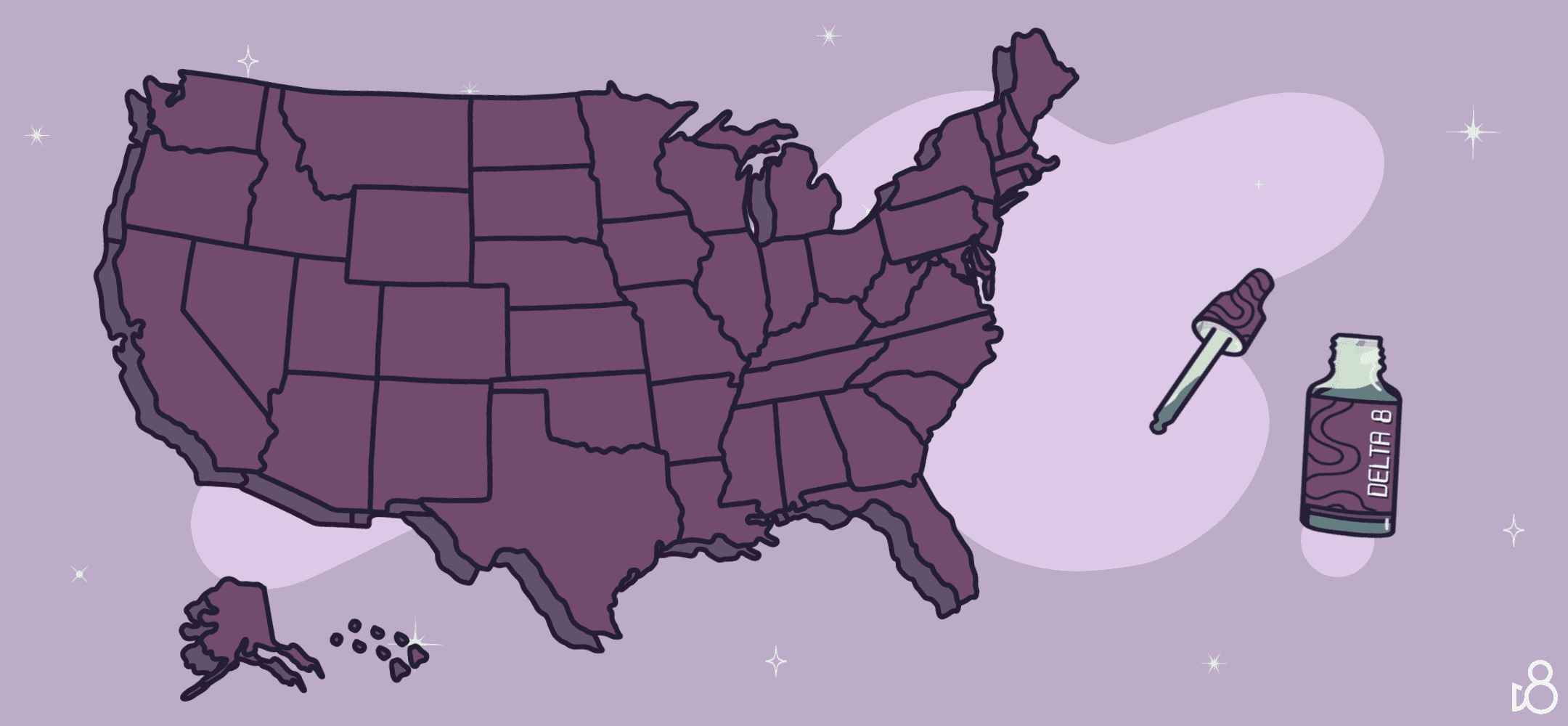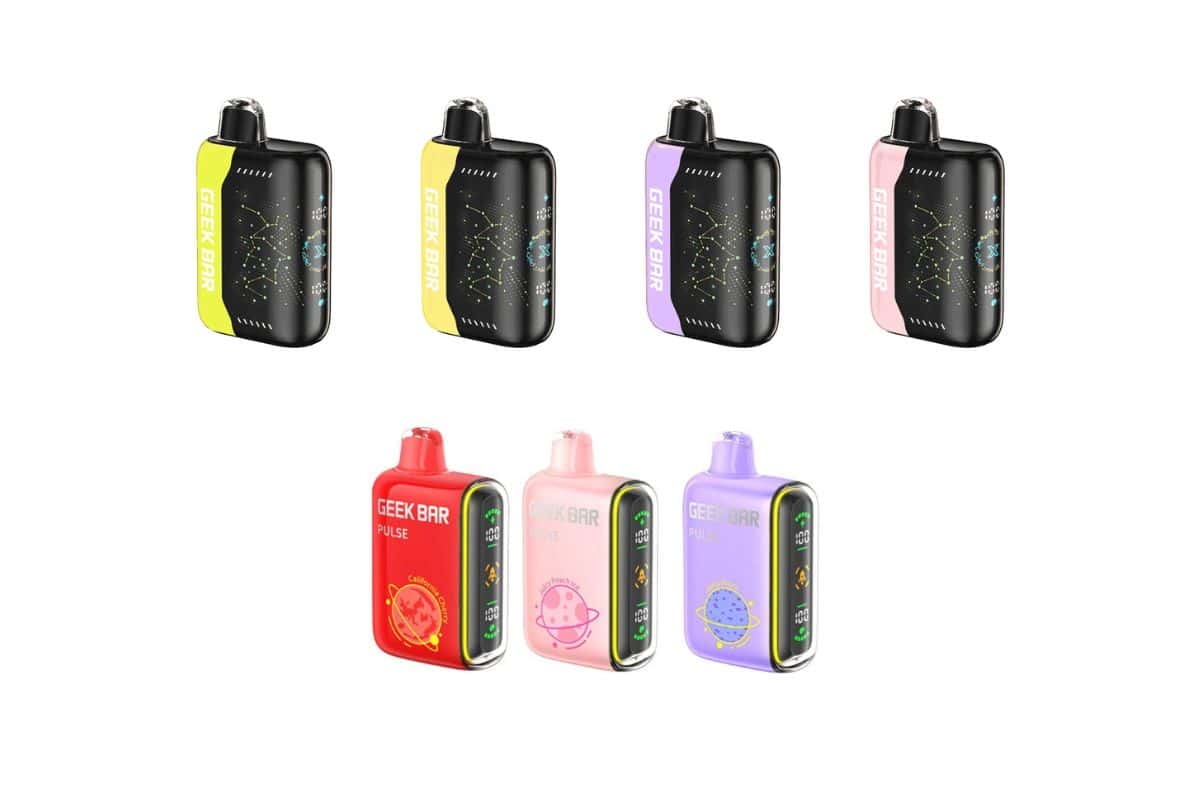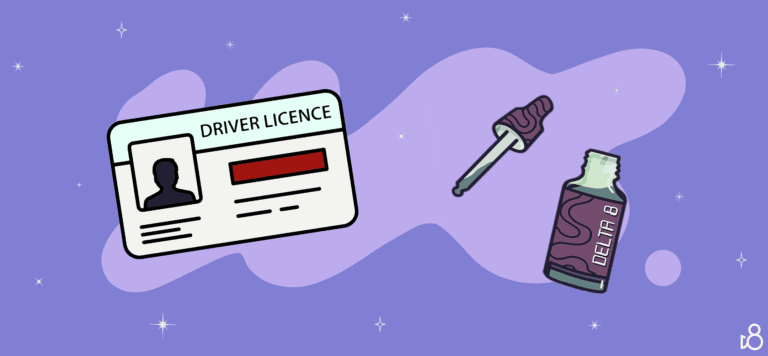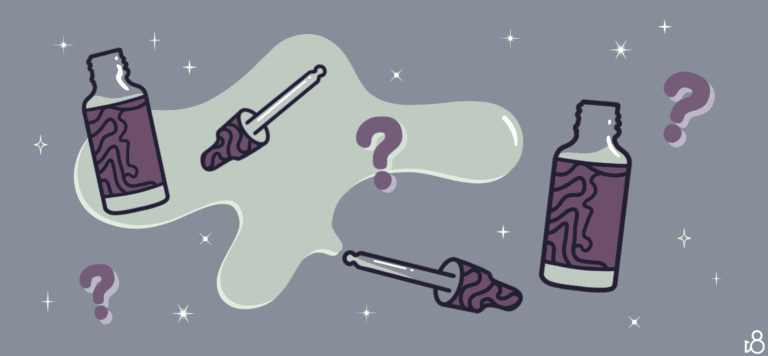Why is Delta 8 Legal? Understanding Its Regulatory Status
Delta-8 THC is making waves, staying comfy within legal boundaries, not like its notorious relative, delta-9 THC from marijuana that often finds itself on the wrong side of the law. Ever wonder why one gets a thumbs up and the other gets the boot? It boils down to their origins and what kind of magic is used to produce them. Thanks to the 2018 Farm Bill, hemp, with its tiny amount of delta-9 THC (below 0.3%), turned into everyone’s favorite plant overnight. This twist has left many scratching their heads, seeing as these twin chemicals walk such different paths. Jump into this adventure to see how Delta-8 from hemp is pushing boundaries for folks hungry for something fresh. Stick around and by the end, you’ll uncover why Delta-8 THC is the talk of the town among adventurers and wellness seekers alike.
Table of contents
The legal ambiguity surrounding delta-8 THC arises because while federally legal hemp can be used to produce it, the compound itself can produce a high, albeit reportedly less potent than that of delta-9 THC. However, because the 2018 Farm Bill does not explicitly address delta-8 THC, this cannabinoid manages to occupy a grey area: it is synthetically derived from legal hemp but possesses psychoactive properties similar to those of controlled substances.
At the federal level, the legality of delta-8 THC hinges on interpretation of the 2018 Farm Bill and subsequent regulations by the Drug Enforcement Administration (DEA). Meanwhile, states have taken varied approaches to its regulation, where some have explicitly legalized it, others have banned it, and many continue to evaluate the substance. The situation is further complicated by the chemical conversion processes necessary to produce delta-8 THC from hemp-derived CBD, which might fall under legal scrutiny concerning the synthesis of psychoactive substances.
Chemical Profile of Delta-8 THC
Before diving into the specific characteristics of Delta-8 THC, know that it’s a unique cannabinoid with a similar structure to Delta-9 THC but with distinct properties and legal considerations.
Understanding Cannabinoid Chemistry
Cannabinoids are a group of chemical compounds found in the Cannabis sativa plant. These compounds interact with the body’s endocannabinoid system and can produce a range of effects. Delta-8 THC (Δ8-tetrahydrocannabinol) is one such cannabinoid that is naturally present in very low concentrations. It is often derived from cannabidiol (CBD), another cannabinoid, through a chemical conversion process.
Comparison with Delta-9 THC
- Chemical Structure: Delta-8 THC is an isomer of Delta-9 THC (Δ9-tetrahydrocannabinol), meaning they share the same chemical formula but have a different arrangement of atoms. This slight variation in structure significantly affects their psychoactive properties.
- Psychoactive Potency: Delta-8 THC is known to have a lower psychoactive potency than Delta-9 THC. While both can produce a “high,” the effects of Delta-8 are typically described as less intense.
Delta-8 THC in the Cannabis Sativa Plant
- Occurrence: Delta-8 THC is found in trace amounts in the cannabis plant. Growers and extractors have developed methods to increase its concentration for use in products.
- Extraction and Conversion: To obtain higher yields, Delta-8 THC is synthesised from CBD, which is much more abundant in the Cannabis sativa plant. This conversion is at the heart of many legal discussions regarding the cannabinoid’s status.
Understanding the chemical profile of Delta-8 THC provides clarity on its similarities and differences with other cannabinoids, such as Delta-9 THC and CBD, helping to inform discussions around its legality.
Legal Status and the 2018 Farm Bill

You’re navigating a complex web of regulations surrounding Delta-8 THC. It’s important to understand that the 2018 Farm Bill played a crucial role in defining the legal landscape for hemp derivatives, including Delta-8 THC. Here’s what you need to know about how federal legislation and various state statutes interact with this cannabinoid.
Impact of the Farm Bill on Hemp Derivatives
The 2018 Farm Bill changed the game for cannabis products by distinguishing between hemp and marijuana based on delta-9 THC levels. Hemp, and by extension its derivatives, were removed from the definition of marijuana under the Controlled Substances Act when they have a delta-9 THC concentration of 0.3% or lower. This shift opened the door for products like CBD and allowed for the emergence of Delta-8 THC in the market.
Current Federal Regulations and DEA Stance
At the federal level, specifically with the DEA, there’s a bit of a gray area concerning Delta-8 THC. Without explicit inclusion in the Controlled Substances Act post-Farm Bill, the federal government’s stance remains uncertain. Regulatory framework is still catching up, and the DEA has yet to clearly classify Delta-8 THC, leaving much to interpretation.
State-Specific Regulations and Bans
While federal regulations might be ambiguous, states have taken matters into their own hands. For instance, states like Colorado and New York have placed their own bans on Delta-8 THC products due to safety concerns and lack of regulation. Meanwhile, other states have fully embraced the hemp market revolution. It’s a patchwork of regulations that can confuse consumers and manufacturers alike.
The Legal Loophole and Future Legislation
Your understanding of the present legal situation must also include what’s often referred to as a “legal loophole” stemming from the 2018 Farm Bill’s definition of hemp. Delta-8 THC, often synthesized from CBD derived from legal hemp, falls into a regulatory blind spot. Looking ahead, the upcoming 2023 Farm Bill and actions from Congress may address these ambiguously regulated cannabinoids, potentially closing the loophole.
Market and Consumer Trends

You’re navigating an emerging market where Delta-8 THC has found its footing due to a combination of legal ambiguity and consumer curiosity. As you explore this space, understanding product availability and the importance of clear labeling is crucial.
Product Availability and Demand
Delta-8 THC, a cannabinoid known for its similarities to the more well-known Delta-9 THC, has seen a surge in popularity. This is reflected in the diverse range of products such as gummies and tinctures entering the market. These products are appealing to consumers looking for alternatives within the legal landscape. Recent analysis has shown an increase in Delta-8 THC related searches, hinting at the growth in consumer interest. You’ll find that, despite safety concerns, these products are widely available, possibly due to the perception of being a “legal loophole.”
Labeling and Transparency Issues
When it comes to labeling, you should be cautious. Not all Delta-8 THC products offer the clarity that consumers need to make informed decisions. Issues around labeling often revolve around the accuracy of THC content and the presence of heavy metals in manufacturing. Although consumers are critical of the safety and quality of Delta-8 THC products, reports suggest that inconsistencies in labeling practices persist. It’s essential for you to look for products that clearly state their cannabinoid content and have third-party lab testing results to avoid the risks associated with impurities and incorrect dosing.
Remember, as the market evolves, so does the responsibility of both manufacturers to provide transparency and consumers to seek it.
Health and Safety Considerations

In exploring the legality of Delta-8 THC, it’s crucial to understand the health and safety considerations that come into play. This includes the potential benefits and uses of Delta-8 THC, the risks and concerns for public health, and the role of the FDA in providing guidance to consumers.
Potential Benefits and Therapeutic Uses
Delta-8 THC, like other cannabinoids, has been linked to a range of potential therapeutic benefits. You might have heard about its ability to provide pain relief and relaxation without as intense psychoactive effects as Delta-9 THC. Some users report a clearer high that allows for greater focus. These qualities are part of why Delta-8 THC products have surged in popularity.
Risks and Public Health Concerns
However, the risks associated with Delta-8 THC should not be underestimated. As a psychoactive compound, Delta-8 THC can have adverse effects. Poison control centers have seen an uptick in cases related to Delta-8 exposure, which raises concerns about the safety of these products. There are also worries about the variability in product quality and labeling, which could put consumers at risk of unknowingly consuming harmful substances.
FDA Involvement and Consumer Guidance
The FDA, or Food and Drug Administration, does not currently regulate Delta-8 THC in the same manner as pharmaceuticals or dietary supplements, leading to a lack of consistent safety regulations. Due to this lack of oversight, the market has a wide range of products with varying levels of quality and safety. It is recommended that you look for products tested by independent labs and adhere to state laws concerning Delta-8 THC to minimize potential risks. The FDA continues to evaluate the public health implications of Delta-8 THC and may issue more definitive guidance in the future.
Scientific Research and Clinical Studies

As you explore the scientific angle of delta-8 THC, it’s important to consider the current research on its psychoactive effects and the challenges posed by the knowledge gaps in an unregulated market.
Current Findings on Psychoactive Effects
Delta-8 THC is a psychoactive compound, similar to delta-9 THC, the most well-known form of THC found in cannabis. Research indicates that delta-8 THC binds to the CB1 receptor in your brain, albeit with a lower affinity than delta-9 THC, which may result in a milder psychoactive effect. Studies such as the scoping review and commentary on delta-8 tetrahydrocannabinol have sought to discern its specific impact. These findings are crucial because they underline that while delta-8 THC is often marketed as a legal alternative to delta-9 THC, its influence on the brain and potential for intoxication do exist.
Knowledge Gaps and Unregulated Market
The market for delta-8 THC exists in a somewhat unregulated space, which can result in products reaching consumers without thorough testing or understanding of effects. Such an unregulated environment can lead to inconsistencies in product purity and potency. There’s a significant need for more comprehensive research to fill the knowledge gaps, especially concerning medical use, potential benefits, and risks. The presence of delta-8 THC has already raised analytical and medico-legal problems as traditional substance testing can confuse it with delta-9 THC. The variations in state laws related to the compound also contribute to the complexity of its market status.
Implications for Manufacturers and Retailers
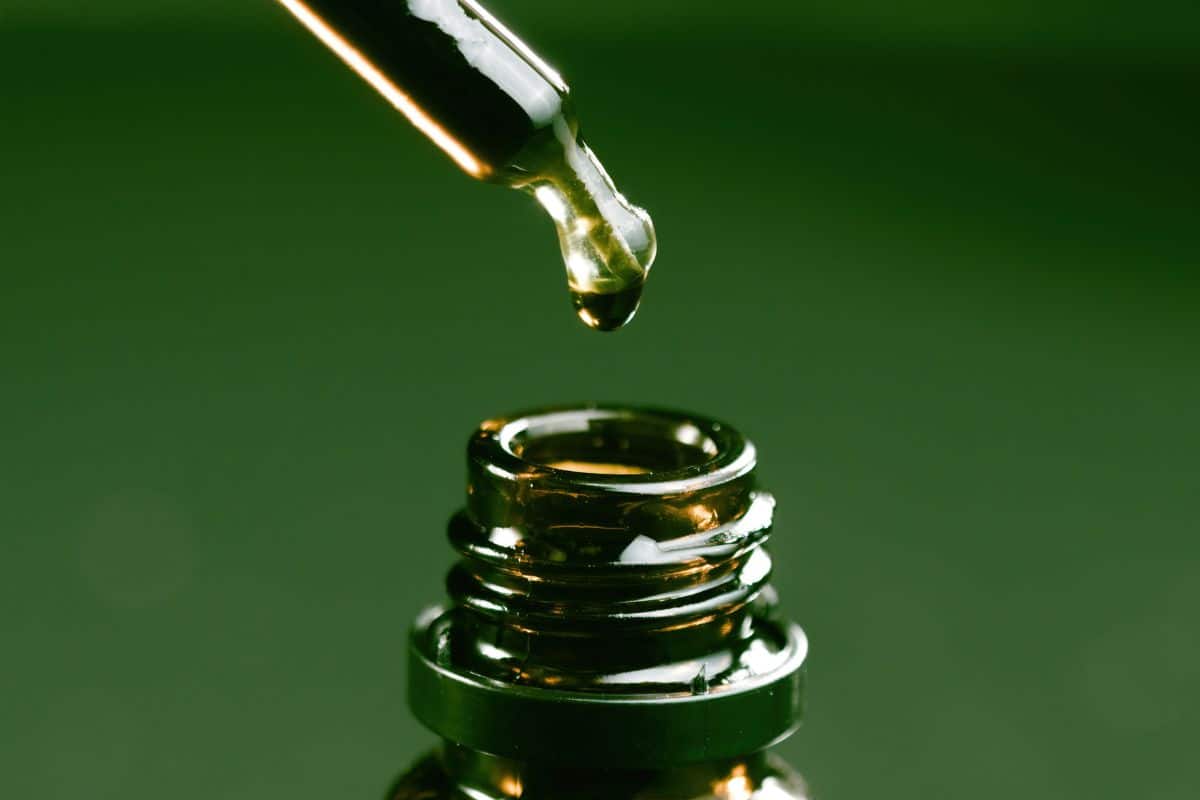
In navigating the emerging market of Delta-8 THC, you, as manufacturers and retailers, face a complex legal landscape. Understanding the regulations and ensuring compliance are crucial for both the legality and longevity of your business.
Adherence to Legal Framework
Your adherence to the legal framework governing Delta-8 THC is paramount. Delta-8 is in a precarious position due to its psychoactive properties and is often subject to diverse state laws. The scoping review and commentary published by Wiley outlines the necessity for laws that mitigate risks associated with the use of Delta-8 THC. You must stay informed about federal statutes as well as the evolving state regulations where your products are distributed. Ensuring that your business operations don’t violate any laws requires diligence and possibly legal counsel.
Producing and Selling Delta-8 Products
When it comes to the production and selling of Delta-8 products, you are expected to maintain the integrity of the manufacturing process. This includes accurate labeling of the potency and contents of your Delta-8 offerings. A key aspect of maintaining regulations is the implementation of strict age verification processes to restrict youth access, as highlighted by concerns over online purchases stated in the study from ScienceDirect. Auditing your supply chain and enforcing quality control are critical steps in being a responsible manufacturer and retailer in this space. Moreover, with the Delta-8 market expanding, it is in your best interest to anticipate future regulations and prepare accordingly.
Frequently Asked Questions
Understanding the nuances of Delta 8’s legality can be complex, given its unique position within cannabis law. These FAQs address specific points of legal distinction and considerations across various jurisdictions.
What distinguishes Delta 8 from Delta 9 THC in terms of legality?
Delta 8 THC, often found in smaller amounts in cannabis plants, is chemically different from Delta 9 THC by only a few atomic bonds but has a milder psychoactive effect. Its legal status is often debated because it can be derived from hemp, which was federally legalized by the 2018 Farm Bill, leading to a legal gray area different from the generally restricted Delta 9 THC.
What legislative measures have been taken to regulate Delta 8 in various states?
States have taken a variety of approaches to regulate Delta 8, with some treating it similarly to CBD, others equating it with Delta 9 THC, and a few imposing specific regulations or outright bans. The inconsistent treatment by states reflects the evolving understanding and regulatory landscape of this cannabinoid.
How does the legal status of Delta 8 contrast with regulations surrounding CBD products?
CBD products, derived primarily from hemp, are legal at the federal level as long as they contain less than 0.3% Delta 9 THC. Delta 8 is also found in hemp but can be synthetically converted from CBD. This process of conversion and the resulting product’s psychoactive nature contributes to the more complex legal status of Delta 8 when compared to CBD.
What impact did the Farm Bill have on the legality of Delta 8?
The 2018 Farm Bill legalized hemp and its derivatives, which opened the door for Delta 8’s increased availability because it can be derived from legal hemp. However, this has led to ongoing debates due to its psychoactive properties, with some arguing that its derivation from legal hemp does not automatically confer legality.
Are there specific safety concerns that differentiate the legal handling of Delta 8 from other cannabinoids?
While Delta 8 is psychoactive, it is generally considered to be less potent than Delta 9 THC. However, safety concerns such as inadequate regulation of its production and the potential for contaminants are influencing legal discussions. These concerns are particularly relevant as Delta 8 is commonly synthesized from other cannabinoids.
What scientific evidence contributes to the regulation and legal status of Delta 8?
The limited but growing body of scientific evidence around Delta 8’s effects, safety, and therapeutic potential plays a role in shaping its regulatory framework. Research contributes to understanding its pharmacological profile, which in turn informs legislation and enforcement priorities.

